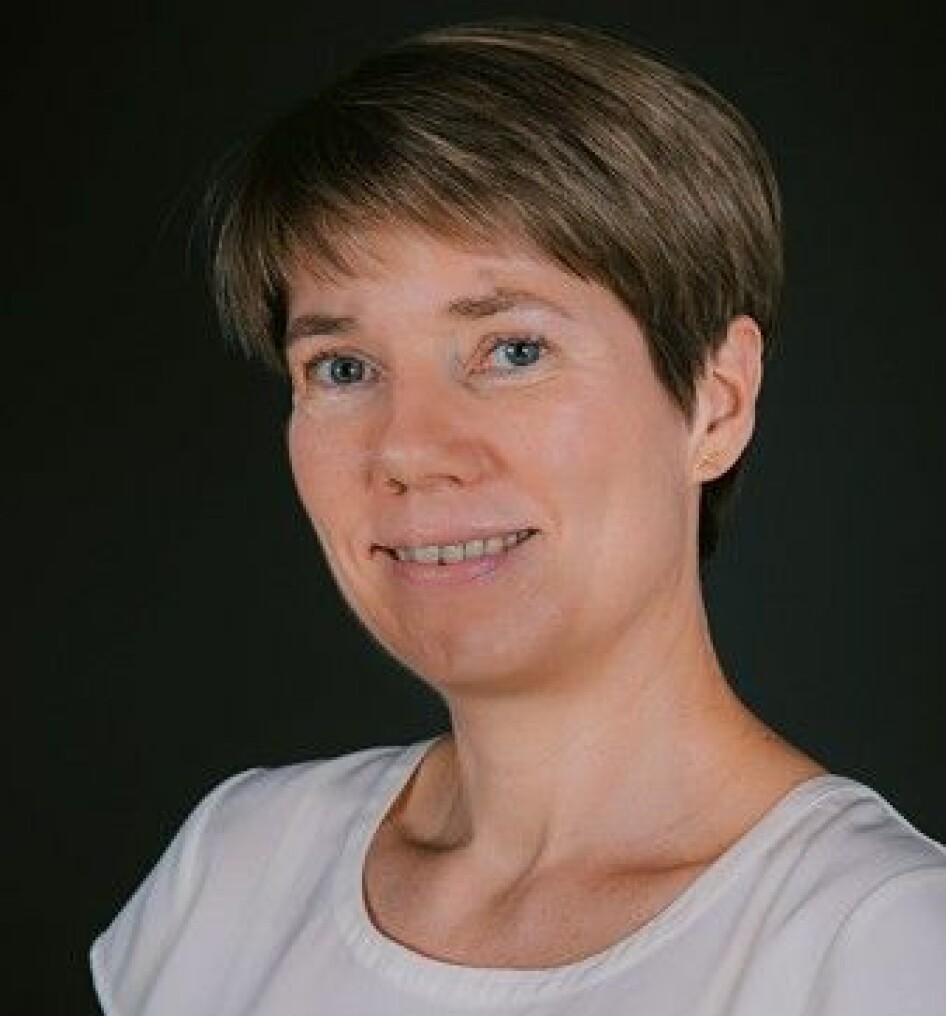
How fair are today’s pensions?
“We clearly see from this research that people’s self-interest plays a role when they tell us what they think is a fair retirement pension,” says one researcher.
One Norwegian pension researcher has brought us closer to answering a question that almost no researcher has ever asked before:
What do people really think is a fair retirement pension?
This researcher found clear differences between young and old respondents. She also found a clear difference between those with strong finances and those with poor finances.
Young people want equal pension
“Significantly more young people than elderly believe that everyone should be paid the same amount of retirement pension,” says pension researcher Anne Skevik Grødem, from the Institute for Social Research (ISF) in Oslo.
But this changes as people grow older and approach retirement age, she has found. The older a Norwegian is, the more likely they are to say that the retirement pension they receive from the National Insurance Scheme (NAV), should be partly in proportion to the social security contributions made during the years a person has worked.
A large majority of the Norwegian population supports this last principle. Even among young people, a majority support the idea of different pensions based on a person’s lifetime contributions.
No one should be poor
Furthermore, this study found that more than 80 per cent of the 3,000 Norwegians surveyed agree with the principle that the retirement pension should be structured to ensure that no elderly people are poor.
Grødem does not think this is surprising. She points out that "poverty" is a charged term that almost everyone associates with something negative.
On the other hand, she thinks it’s interesting that the answer to this question varies systematically. It varies both with income and with age.
The greatest support for preventing poverty among the elderly is among those who have low or medium income themselves, and among slightly older individuals.
Self-interest determines

“We clearly see from this research that self-interest plays a role when people tell us what they think is a fair retirement pension,” Grødem said.
Many people seem to be concerned about what is a good pension system for them.
At the same time, the researcher points out that our pension is what we will live on during our retirement years. It may not be surprising, then, that views on how this system should be designed are strongly linked to a person’s own financial interests.
Surprised by stingy young people
Grødem said the most surprising finding from her research was that younger people were somewhat less generous in their assessment of what the elderly can live on.
“I'm probably a little surprised at the age differences we found. Young people simply seemed to be a little more stingy in regard to pensioners,” she said.
“A majority in all age groups support having a good pension system, and that the system should be designed to ensure that retirees have a similar standard of living to what they had during their lives in the past,” she said.
“But we also saw that younger Norwegians are more ambivalent on this point than older Norwegians. Younger Norwegians are less supportive than older Norwegians of the idea that no old-age pensioners should be poor,” Grødem said.
More younger people are also open to the idea of a "flat" retirement pension that would provide the same amount of pension to everyone.
Is there a generational difference?
One interesting question is whether the difference between today's young people and adults regarding what constitutes a fair pension is simply due to differences in age— or whether it may also be a generational difference.
But researchers can’t answer that question.
“Will today's young people, as they approach retirement age, hold to the notion that everyone should receive equal and fairly low pensions? We cannot answer that,” says Grødem.
She thinks a lot may depend on whether people think of retirement as an expense to pay (young people) or as an income for themselves (the elderly).
High-wage earners least concerned with poverty
So people clearly think a lot about themselves when they think of retirement.
It is perhaps not surprising then that those with the highest annual income — more than NOK 600,000, or EUR 60,000 — are clearly most concerned with the idea that people with high incomes should receive the most retirement pension.
The same high salary earners are also least concerned with preventing poverty among the elderly.
And these earners are least likely to support the idea that everyone should receive equal retirement pension.
“Our survey provides very strong results on this question,” Grødem said.
People over 50 know more about retirement
People over the age of 50 are also engaged with the issue of whether or not people who have paid more into the system should get more from the pension system.
Grødem says this last position is not simply self-interest. She also believes it may be because this group understands the pension system better.
“We know from previous research that when people reach their 50s, they start to think about retirement more. This changes their attitudes,” she said.

Strong support for the pension system
In general, however, Grødem found considerable support among the Norwegian public for the main facets of the country’s pension system.
“It’s encouraging to be able to conclude this,” she said.
However, in Norway and across the globe, there is growing concern that established pension systems are not sustainable.
With an increasing number of older people and ever-fewer young people in the workforce, it is probably not possible to finance old age pensions at today's level.
Pension reforms implemented by Norway in 2011 for private employees and in 2019 for public employees make pension systems somewhat more viable. Many countries have reformed their pensions by raising the retirement age. Norway has instead reduced the benefits a person receives as an old-age pensioner, unless that person compensates by working longer.
Despite reforms like this, a large number of countries will probably have to reduce their ambitions for their public pension systems even more in the years to come. It may be that Norway has to do the same.
This study was described in an article from the latest issue of the academic journal Søkelys på arbeidslivet (Spotlight on Work). The article (in Norwegian) can be read for free here.
———


































